Recognition Roulette
What recognition really means, Israel's potential retaliation, and the genocide keeps apace.
Quick editor’s note for new readers: I aim to send this out every Saturday or Sunday. It opens with a short reflection on what’s been on my mind, followed by a weekly news roundup organized by region: Gaza, the West Bank, Israel, the US, and occasionally elsewhere.
This week, France, Britain, Canada, and Australia joined the ranks of countries recognizing Palestine as a state, bringing the total to at least 151, or nearly 80% of the world. It’s appalling that Palestinian self-determination is being wielded as retaliation for Israel’s ongoing genocide—Keir Starmer essentially warned in July: ‘Stop starving Gaza or we’ll grant them a state’—rather than upheld as a basic right. But here we are.
I tend to agree with the great Middle East analyst Mouin Rabbani, who wrote in Jacobin that while the move has been simultaneously “hailed as a game changer and dismissed as meaningless political theater,” it is, in fact, neither.
On the one hand, Rabbani writes, recognition comes with no concrete policy changes—no arms embargo, sanctions, prosecutions, or travel bans—and does nothing to stop the genocide in Gaza. Instead, these states explicitly frame recognition as a way to salvage the two-state paradigm—which I’ve argued is akin to climate denial, designed to provide cover for decades of inaction—and revive a hollow “peace process,” while attaching demands on Palestinian governance, politics, and even security policy. What they envision, Rabbani notes, “has all the hallmarks of a protectorate, far removed from an independent, sovereign state.”
Still, Rabbani stresses the recognitions do terrify Israel—because, for once, governments are acting under popular pressure on this issue, raising the possibility that token gestures could harden into real sanctions and policy shifts. And judging by Israel’s hysterical reaction, it expects exactly that. He writes:
“It is no longer Israel setting the agenda and terms of debate. The finger has been removed from the dike, and Israel’s fear is that continued popular pressure will cause the dam to burst.
It is in this context that Israeli prime minister Benjamin Netanyahu’s recent statements about his country becoming a ‘super Sparta’ and embracing ‘autarky’ must be understood. This is of course total nonsense. Israel is a small state with a small population with limited resources. It has no hope of dominating its region other than as a proxy for its Western sponsors and allies.”
The other side of the coin is Israel’s potential annexation of the West Bank. I’ve long contended that a formal sovereignty declaration is a distraction from the silent annexation raging at breakneck speed—unprecedented settlement expansion, importing Israeli civil law into the West Bank, dismantling the PA. Just this week, Smotrich forced out a senior Israeli official overseeing land registration after he blocked a shady Jewish National Fund deal, part of Smotrich’s broader purge of civil servants who stand in the way of ongoing land theft. Still, unlike recognition, a formal sovereignty declaration would carry material consequences that amount to expediting everything already underway.
Beyond that, the settlers just want some recognition of their own! In August, I wrote of annexation demands: “For settlers, it’s like being in a relationship where the partner refuses the label. They already have everything, but they’re so insecure they just need to scream, ‘I have a GIRLFRIEND!’”
Yesterday, the CEO of the Yesha Council—the umbrella organization of settler municipalities—made basically the same point while explaining why he dismisses arguments that Israel can continue to expand settlements without this formality: “That’s like a bachelor asking why get married if he can enjoy the best of both worlds.”
Which brings us to everyone’s favorite married bachelor, Donald Trump, who, this week, announced he “will not allow Israel to annex the West Bank.” It’s tempting to shrug it off—surely Trump didn’t grow a conscience overnight, he may have forgotten about it by morning, and besides, Netanyahu has defied him before.
But this one is different for two reasons: ego and money. Trump’s announcement came just days after Saudi Arabia warned that annexation would be a “red line” that could kill normalization and unravel the Abraham Accords—the crown jewel of his first-term foreign policy. A similar threat from the UAE forced him to rein in Netanyahu’s annexation push in 2020. In March, Riyadh also pledged a cool trillion dollars for the US economy, while Trump himself remains deeply entangled financially with Saudi funds. If anything will make him hold the line, it’s his wallet.

The settlers know it too: immediately after Trump’s comments, the Yesha Council dispatched an emergency delegation to speak with Netanyahu before his scheduled Monday meeting with Trump and pressure him to declare sovereignty anyway.
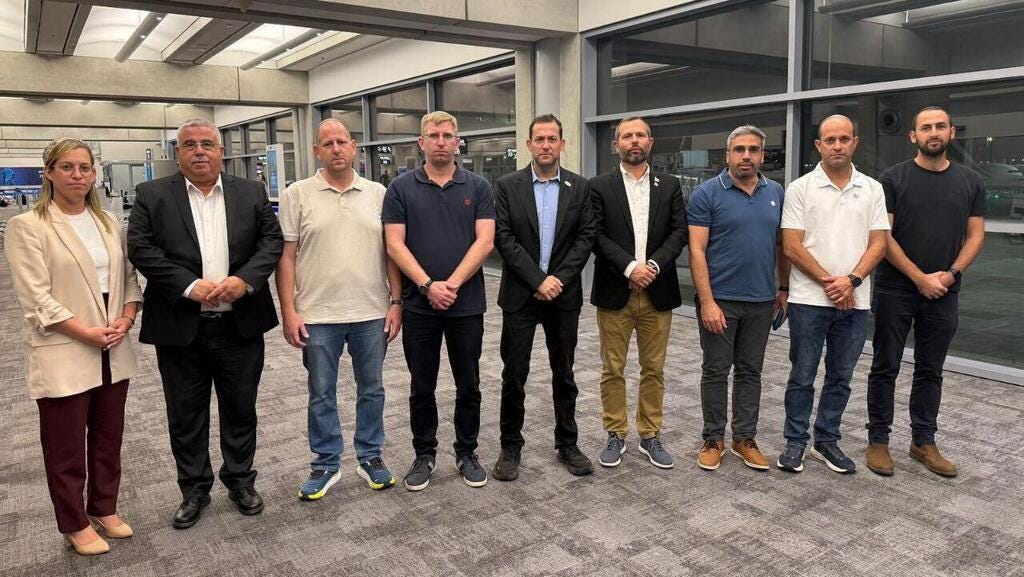
Complicating matters further, Trump’s White House is set to drop a 21-point plan to end the “war” in Gaza that includes provisions anathema to Smotrich, Ben-Gvir, and the rest of the far right—amnesty for Hamas members, the return of the Palestinian Authority to Gaza, and, most notably, a pathway—albeit a vague one—to Palestinian statehood.
To be clear, Trump hasn’t lifted a finger to slow the de facto annexation grinding on for years. So when he declared, “There’s been enough. It’s time to stop now,” in vowing to block annexation, he certainly wasn’t talking about the land grab already underway. But even the narrow red line against a formal declaration of sovereignty has become a geopolitical tripwire.
Netanyahu now faces a choice: defy Trump and risk crippling diplomatic and financial blowback, or obey him and risk a settler revolt that could detonate his coalition.
Cornered at home and abroad, Netanyahu turned to a PR stunt, ordering his UN speech broadcast across Gaza and beamed directly onto Palestinians’ phones. The effort failed—“There are only the sounds of bombings and tanks,” one resident said—and more than a hundred delegates walked out of the UN hall, leaving Netanyahu frothing and hurling his usual mix of threats, charges of blood libel and antisemitism, and fabricated October 7 atrocities into a mostly empty room. The spectacle was almost too on-the-nose: Israel’s diplomatic project has devolved into an extended temper tantrum, shrieking louder with every snub and ultimately driving everyone away.
Israel is facing a crisis of legitimacy of its own making, and Netanyahu has no good options left. But if he’s mastered anything, it’s the art of kicking the can down the road—buying time, staving off collapse, and leaving the reckoning for later.
In the meantime, since the start of the UN General Assembly, Israeli forces have killed at least 360 Palestinians in Gaza.
To round out my UN coverage, here’s a brief synopsis of the dueling speeches by PA President Mahmoud Abbas and Netanyahu.
Abbas
Speaking to the UN by video after the US barred him from entering, Abbas condemned Israel’s genocide in Gaza, rejected Hamas as a future governing force and urged it to disarm, and said the PA is ready to assume control of the enclave. He called for a ceasefire, prisoner exchanges, and aid access; warned that West Bank settlement expansion would cement Netanyahu’s “Greater Israel” vision; and thanked the growing bloc of states recognizing Palestinian sovereignty. He closed with a vow that “Palestine is ours… we will not leave our homeland,” drawing sustained applause. Israel waved it off as empty rhetoric, while Hamas dismissed his claim to speak for Gaza. (TOI)
Netanyahu
Over the course of forty minutes, Netanyahu railed against recognition of Palestine as “a mark of shame,” called a Palestinian state “national suicide” akin to “giving Al-Qaeda a state one mile from New York City after 9/11,” and vowed to “finish the job” in Gaza. He claimed the “final remnants of Hamas are holed up in Gaza City,” brandished a QR code linking to October 7 footage, and bragged about Israel’s war crimes in Lebanon—“We paged Hezbollah… they got the message.” He waved off genocide charges as “blood libels,” cast global backlash as “antisemitism,” and repeated fabricated atrocity claims, including that Hamas “burned babies alive in front of their parents.” (TOI)
If you find my writing valuable, I ask two things:
Here’s this week’s roundup.
Gaza
Trump’s New Plan
Trump rolled out a 21-point Gaza plan to Arab and Muslim leaders at the UN, calling for a ceasefire, immediate hostage release within 48 hours, Israeli withdrawal, and post-Hamas technocratic governance backed by regional troops and funding, with a possible later role for a “reformed” Palestinian Authority. The plan mandates an aid surge of at least 600 trucks per day distributed by the UN and Red Crescent, encourages Gazans to remain, offers amnesty to Hamas members who renounce violence, and sketches a pathway to Palestinian statehood. The final point says, “The US will establish a dialogue between Israel and the Palestinians to agree on a political horizon for peaceful coexistence.” Hamas said it has not received the proposal. (TOI)
The White House is also backing a plan to install Tony Blair, who is despised by many Palestinians, as head of a Gaza International Transitional Authority that would govern the Strip for up to five years with UN-endorsed Arab forces. (Guardian)
Annihilation
The UN said Israeli airstrikes on Gaza are hitting roughly every 8–9 minutes, as the military says over 750,000 have evacuated Gaza City to the south. (Anadolu, TOI)
Nearly half of all Palestinians killed since Israel’s August 11 forced displacement from Gaza City—1,903 people in 133 attacks—died in the central and southern “safe zones” Israel told them to flee to. (AJ)
Ex-Israeli general Yaakov Amidror said that once the Gaza City offensive is done, the army could turn to the “central camps” of Nuseirat and Bureij, areas now crammed with hundreds of thousands of displaced Palestinians. (Guardian)
A UN Commission of Inquiry said Israel seeks permanent control over Gaza, accusing it of “intentionally altering the geography” through corridor-building, expanded buffer zones, and demolitions that by July placed 75% of the Strip under Israeli control. (JPost)
On Sunday, Hamas said it had lost contact with two Israeli captives, Omri Miran and Matan Angrest, amid heavy Israeli bombardment in Gaza City. (JPost)
Medical Report
Gaza City medics say al-Shifa is overwhelmed and operating “with minimal to hardly no anaesthesia,” describing amputations on blood-soaked beds as tanks close to within 500 meters. An Australian doctor recalled an emergency Caesarean on a nine-month pregnant woman whose head had been blown off. (BBC)
Days after an Israeli strike killed one of its nurses, Doctors Without Borders said it was forced to suspend lifesaving care in Gaza City as the army approached, leaving infants in neonatal wards, and malnourished children and trauma patients trapped inside; just last week, the group treated 1,655 malnutrition cases. (Anadolu)
Dr. Nada Al-Hadithy, a British surgeon who volunteered at Nasser Hospital in Gaza this summer, said she treated children who had been dismembered or burned alive, and witnessed repeated attacks on medical staff. “There was blood continuously flowing on the floor,” she said. (France24)
Israeli bombardment has forced Al-Rantisi Children’s Hospital and the territory’s only public Eye Hospital out of service. (Anadolu)
Physicians for Human Rights Israel warned that Dr. Hussam Abu Safiya, director of Gaza’s Kamal Adwan Hospital, who has been detained since December without charge, has lost 25 kg and suffers from untreated scabies and heart problems. (MEE)
Israeli forces killed Dr. Khaled Jamal Aslan, a pediatric specialist at UNRWA’s Maghazi Health Centre, in an airstrike on his home in Nuseirat camp on Saturday, after his parents and two siblings were already killed in an Israeli strike last year. (Drop Site)
The Toll
The Gaza Health Ministry reports the confirmed death toll is 66,005, up from 65,283 last week, including at least 19,424 children. Another 168,162 have been injured. (AJ)
BBC documented how 19-year-old Abdullah was shot dead while waiting for food near a Gaza Humanitarian Foundation site and, using whistleblowers, satellite analysis, and ballistics, traces the broader pattern of live fire by Israeli forces at GHF distribution points, contributing to at least 1,300 deaths since May. (BBC)
Palestinian teacher and aid worker Ghada Rabah went missing after spending two days trapped under siege in Tel al-Hawa, pleading for rescue before her home was bombed and flattened by Israeli forces. Civil defense teams were delayed for 72 hours waiting for Israeli permission to enter; when they finally reached the site Wednesday night, they found nothing but rubble. (Quds)
Survivors
Thousands of Palestinian teens in Gaza sat for their high school exams this month after studying by phone in tents, walking miles for internet, and rushing from funerals and hospital visits. (MEE)
The Times documented a UAE evacuation flight carrying 155 wounded and malnourished Palestinians from Gaza. (NYT)
Wissam Hamada, the mother of five-year-old Hind Rajab—killed alongside six relatives in Gaza City in January 2024 after begging rescuers to save her on a recorded call—was evacuated from Gaza after months of negotiations. (Drop Site)
Al Jazeera profiled Abeer Hassan, who is struggling to care for her autistic son Abdallah in Gaza, where displacement, heat, and relentless bombardment have left him terrified, pulling out his hair, and dependent on sleeping pills. (AJ)
Israel’s Militias
Shin Bet tried to recruit Gaza City’s Bakr and Dur’mush clans to fight Hamas and back an Israeli plan to carve the Strip into clan-run enclaves, but after they refused, Israel bombed their homes—killing 30 members of the Dur’mush clan in Sabra, leaving 20 trapped under rubble, and killing six more from the Bakr clan in a-Shati camp. (Kan)
In a depopulated village south of Khan Younis, ex-PA officer Hossam al-Astal has set up a militia enclave called Strike Force Against Terror—with food, power, and weapons he says come from Israel, the US, and Europe. (TOI)
The Secret Problem
Israel Hayom wrote that one of the IDF’s most closely held secrets is a severe munitions and spare parts shortage, threatening both current operations in Gaza and readiness for future wars, stemming from two years of fighting, European arms embargoes, and slow domestic production. (Hayom)
The Flotilla’s Rebrand
Israel, which mocked the earlier voyage as a “selfie yacht,” is now branding the Global Sumud Flotilla—now 50 boats strong and carrying activists from 45 nations—a “jihadi Hamas flotilla.”
Drones hovered over the Gaza-bound ships, jammed communications—hijacking their radios to play ABBA—and dropped flash-bang explosives, with blasts reported on at least four boats. (NYT)
Italy and Spain deployed naval ships to protect the flotilla. (AJ)
David Adler, a Jewish American member of the flotilla, wrote that the aim is to open a permanent nautical humanitarian corridor into Gaza—bypassing Israel’s blockade and control of land crossings—by delivering food, medicine, and aid at sea, setting a precedent for large-scale cargo deliveries, and pressuring states to act. (Guardian)
Israel has reportedly finalized plans for the navy to seize and tow the boats to Israeli ports if they refuse to divert. (Hayom)
Hamas Executions
Hamas fighters publicly executed three Palestinian men accused of collaborating with Israel. (BBC)
Israeli Casualties
An Israeli officer was killed by an RPG strike in Gaza City on Monday, becoming the first soldier to die in the army’s new offensive. (ToI)
West Bank
American Hostage
Days after families of Americans killed and abducted by Israel met with lawmakers in Washington, D.C., the State Department appointed a dedicated official to handle the case of Mohammed Zaher Ibrahim, the 16-year-old Palestinian American held in Israeli military detention for over seven months. (Guardian)
PBS interviewed some of the families, which you can watch here.
Pogroms
+972 reported on the wave of settler pogroms across Masafer Yatta in August and September, when masked settlers assaulted families in their homes, stabbed villagers, pepper-sprayed infants, smashed windows, and left residents hospitalized with brain hemorrhages, broken bones, and internal bleeding—while Israeli forces later returned to demolish what survivors had rebuilt. (+972)
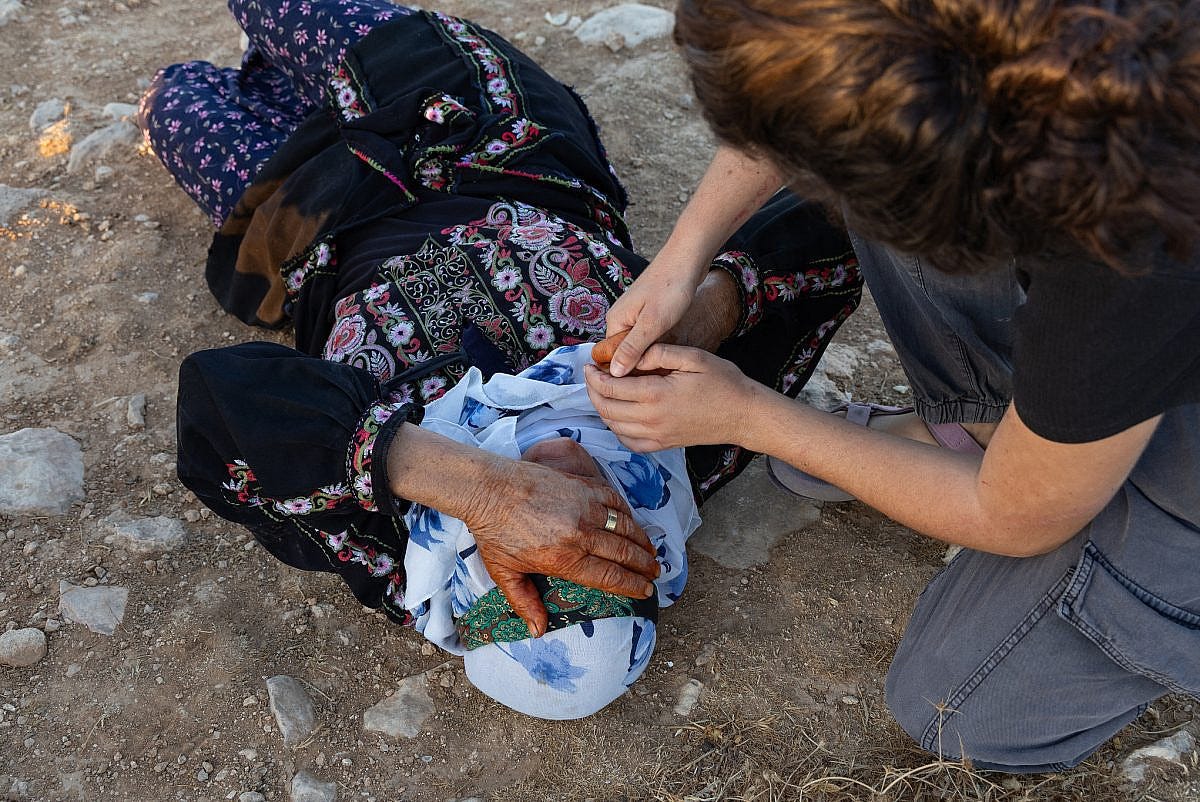
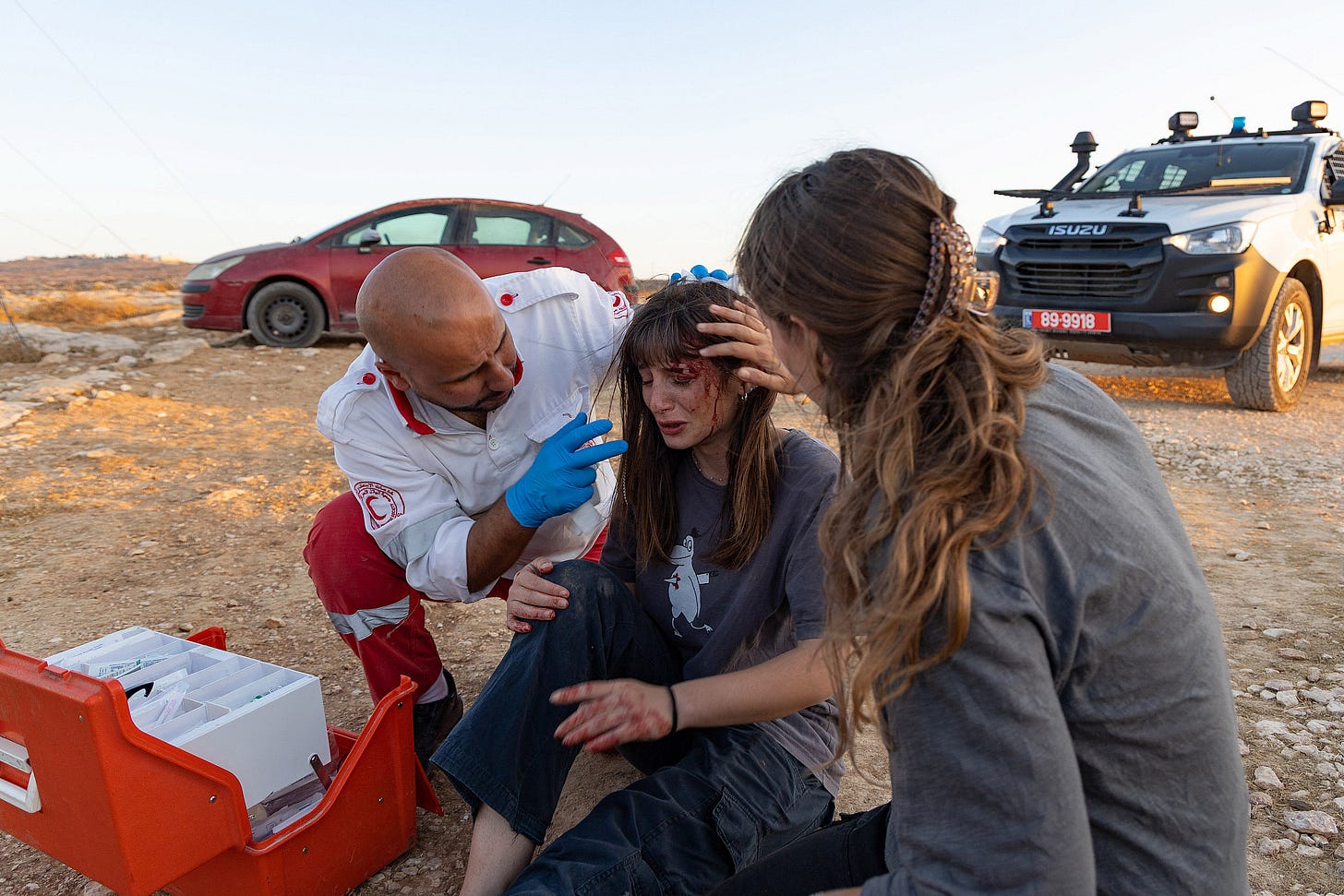
Armed settlers seized a Palestinian home in Hebron’s Old City, raising Israeli flags over the property with army protection—the second such takeover this month. (MEM)
Settlers assaulted Beita mayor Mahmoud Barham and a municipal official near Nablus while they were inspecting projects on Mount Qamas, local media say. (MEE)
On Tuesday evening, settlers opened fire on the Palestinian village of al-Mughayyir, killing 20-year-old Said al-Naasan. (MEE)

On Saturday, settlers attacked residents and farmland in the village of Kisan, east of Bethlehem, released livestock to destroy crops in Khallet al-Louza to the south, and moved to establish a new outpost in Rogm al-Naqa near al-Rashayida. (Anadolu)
Military Raids
Israeli soldiers celebrated Rosh Hashanah in the ruins of Jenin refugee camp. (X)
Israeli soldiers shot dead 24-year-old Ahmed Jihad Barahmeh in Anza, south of Jenin, saying he threw explosives at them without citing any evidence, hours after an off-duty soldier killed 20-year-old Said Murad Na’san near Ramallah. (Haaretz)
Israeli forces stormed Birzeit University near Ramallah, arresting and injuring security guards, defacing Gaza solidarity murals, and scattering leaflets accusing campus organizations of “terrorist activity.” (Haaretz)
On Saturday, Israeli forces raided the al-Arroub refugee camp in Hebron, shooting and injuring a Palestinian teenager and firing tear gas that left dozens choking. In Halhul, north of Hebron, soldiers assaulted two paramedics. Troops also stormed Ramallah and the Jalazone refugee camp, and in Qalqilya, they arrested another Palestinian after ransacking his home. (Anadolu)
On Sunday, Israeli forces shot a 33-year-old Palestinian man in the thigh near the separation wall by Al-Ram, north of occupied East Jerusalem, where workers cross into Israel. (Anadolu)
Cash Wars
Saudi Arabia, France, Norway, and Spain led donors pledging at least $170 million to prop up the cash-starved Palestinian Authority after Israel froze most of its tax transfers, as the PA, which sought $400m/month for six months, cuts West Bank services to three-day school weeks, sees medicine stocks dwindle, and poverty surge 150%. (TOI)
Senior Israeli security officials are reportedly recommending imposing financial sanctions and movement restrictions on Palestinian Authority leaders. (JPost)
Israel
The Bill
Israel’s planned push into Gaza City will add 25 billion shekels ($7.5 billion) to the war bill by year’s end, bringing total military costs of the nearly two-year campaign across Gaza, Lebanon, Iran, Syria, and Yemen to 204 billion shekels ($55 billion), with a third spent on reservists’ salaries and a quarter on ammunition and missile interceptors. (Bloomberg)
Israel’s housing market, long assumed immune to decline, is seeing prices drop 15–20% amid war costs, high interest rates, and a glut of 83,000 unsold new apartments. (TOI)
Israeli Arms
CNN covered Israel’s booming arms industry. (CNN)
Netanyahu said in a meeting with US influencers that Israel treats social media as a “weapon” to shore up support in the US, referring to the Trump-backed takeover of TikTok as “the most important purchase going on right now” and saying “we have to talk to Elon” about X. (X)
Democracy Now!
Israel is forcing all humanitarian organizations in Gaza and the West Bank to re-register under new rules that require handing over staff lists and purging anyone deemed disloyal, with the ultimate aim of expelling most NGOs and coercing the rest into the Gaza Humanitarian Fund scheme. (+972)
The Knesset opened debate on a bill pushed by Itamar Ben-Gvir to make the death penalty mandatory for Palestinians convicted of lethal attacks, despite hostage families warning the timing could endanger the living captives still in Gaza. (Ynet)
Greater Israel
US Ambassador to Turkey Tom Barrack said, “Bibi Netanyahu will tell you he’s not concerned about borders. If he feels that his borders or his people are being threatened, he will go anywhere and do anything, full stop.” (Al Arabiya)
Israeli airstrikes on Yemen’s capital killed at least nine people—including four children and two women—and wounded more than 170, a day after a Houthi drone strike on Eilat’s tourist center injured at least 50 people. (New Arab)
An Israeli drone strike in southern Lebanon killed five people, including three children, in the town of Bint Jbeil. The Israeli military claimed the strike, which violated the US-brokered ceasefire, was targeting a Hezbollah member but admitted “several uninvolved civilians were killed.” (MEM)
Syria’s new president, Ahmed al-Sharaa, said he is open to a security deal with Israel that “will keep the sovereignty of Syria and also resolve some of the security fears of Israel,” but rejected normalization, citing more than 1,000 Israeli raids and “huge anger over what’s going on in Gaza.” (INN)
US (and World)
Family Matters
Ambassador Mike Huckabee likened Israel to America’s “wife,” saying that if someone came to his house praising him but insulting his wife, he’d throw them out—just as the U.S. should reject anyone who disparages Israel. (Quds)
A NYT investigation revealed that while US envoy Steve Witkoff negotiates with Qatar for a Gaza ceasefire, his son Alex Witkoff has sought billions from the Qatar Investment Authority for real estate projects. (NYT)
After Miami-Dade Mayor Daniella Levine Cava boosted the county’s Israel bond holdings to $76 million at the start of the war, her son showed up at a county commission meeting in a “Jews Say Divest From Genocide.” (ToI)
New Mexico Republican state senator Jay Block’s daughter blasted him as a “loser” on TikTok for traveling to Israel to meet Netanyahu at the “50 States, One Israel.” (TNR)
The Democrats
Forty-six House Democrats, led by Rep. Ro Khanna, signed a letter to Trump and Rubio urging the US to recognize Palestine. The letter calls recognition “long overdue” and frames it as a litmus test for Democrats, with Khanna saying holdouts are “totally out of touch with our base, with the young generation, and with the world.” (Guardian)
Then, thirty House Democrats—led by Rep. Jake Auchincloss—signed a letter to Rubio rebuking countries that recognized Palestine, calling the moves “dangerous and performative” and pushing for “diplomatic engagement” that sidelines Palestinian statehood. AIPAC and its allies have spent more than $53 million backing these members of Congress. (AIPAC Tracker)
I’m Speaking
In her new book 107 Days, Kamala Harris writes that Biden’s response to Gaza was “inadequate,” recalling: “I had pleaded with Joe, when he spoke publicly on this issue, to extend the same empathy he showed to the suffering of Ukrainians to the suffering of innocent Gazan civilians. But he couldn’t do it: While he could passionately state, ‘I am a Zionist,’ his remarks about innocent Palestinians came off as inadequate and forced.”
At a book event, she faced down pro-Palestinian protesters by claiming she had pushed inside the administration and taken heat for saying Gazans were starving. (WaPo)
University Wars
Northwestern blocked at least 300 students from enrollment after they refused a mandatory antisemitism training video that compares Israel’s critics to David Duke and calls the West Bank “Judea and Samaria.” (Guardian)
Blocchiamo Tutto!
Tens of thousands marched across Italy on Monday to condemn the genocide in Gaza, with 20,000 rallying in Rome, high school students waving Palestinian flags, and dockworkers in Genoa and Livorno blocking ports, as Meloni’s government refused to recognize a Palestinian state. (Le Monde)
Economy of Genocide
MIT professor Markus Buehler canceled a grant from the Israeli military after students exposed the project on Instagram; the research involved drone swarm control and pursuit algorithms used in Gaza, and students say MIT has since clamped down on transparency by restricting access to its grant databases. (Intercept)
Microsoft cut off Israel’s Unit 8200 from its Azure cloud after a +972/Guardian exposé revealed the army was storing millions of intercepted Palestinian phone calls on its servers to plan airstrikes and arrests. (+972)
The UN added 68 companies from 11 countries to its blacklist for complicity in Israeli settlement activity—bringing the total to 158 firms, from construction giants like Heidelberg Materials to travel companies like Expedia and Airbnb. (PBS)
Checking in on Mayor Adams
NYC Mayor Eric Adams met Benjamin Netanyahu after his UN speech and thanked him for “defending the Western world.” (TOI)
He showed up to a Rosh Hashanah service in a custom robe:
Thanks for reading. As always, I welcome your thoughts, questions, etc. in the comments.
And if you’ve made it this far and can afford it, consider upgrading to a paid subscription.
One final note: I’ll be skipping next week’s roundup—my first break since launching on April 20—because I need to dedicate my time to a new project that I’ll be able to share with you soon. Apologies for the pause, but I promise it’ll be worth it.

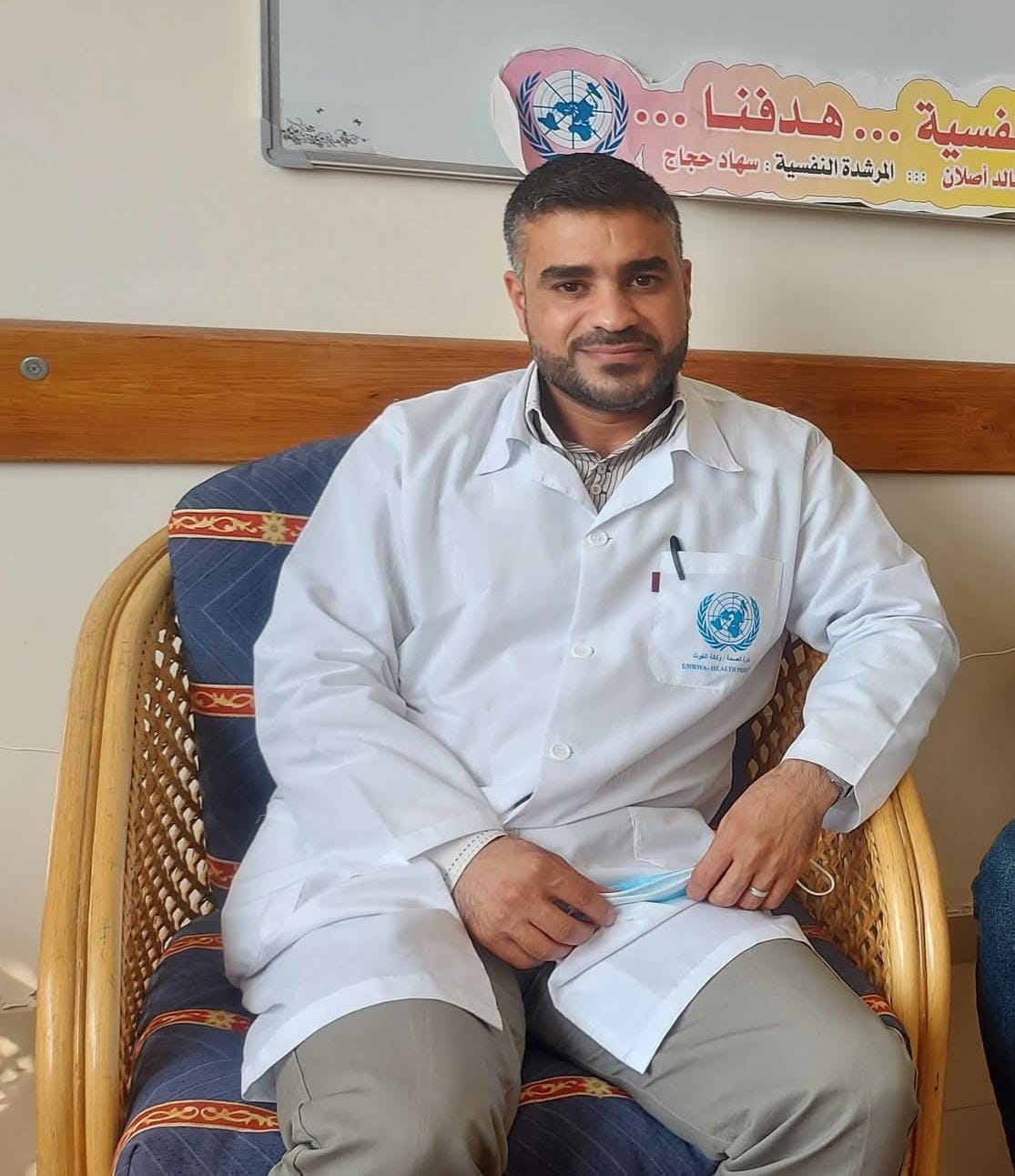

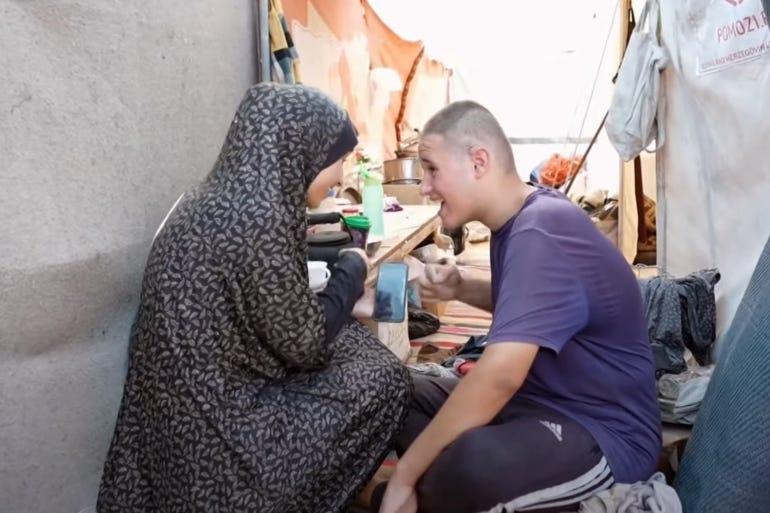
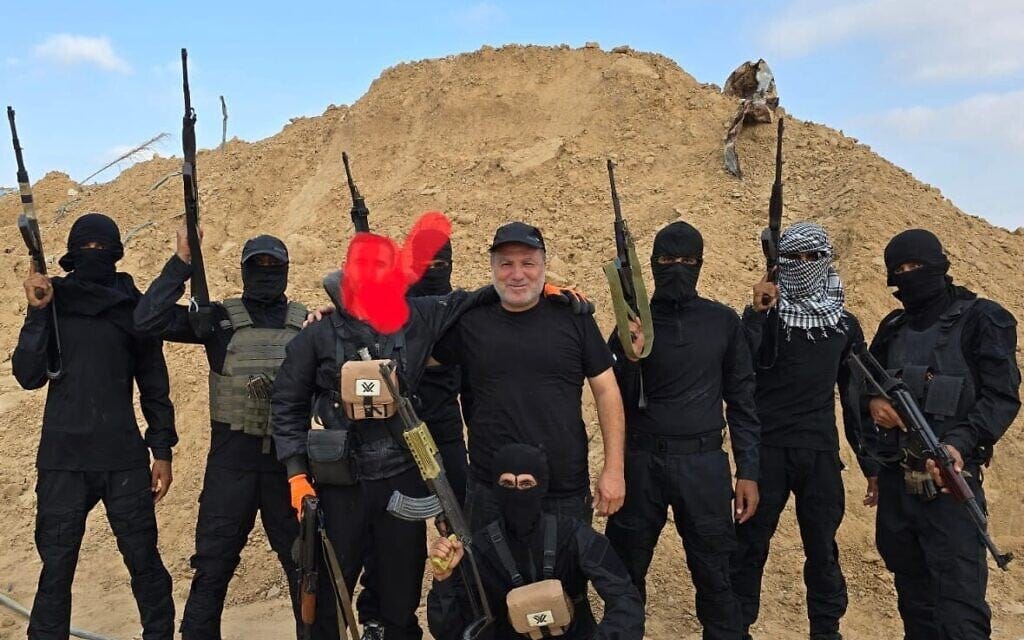
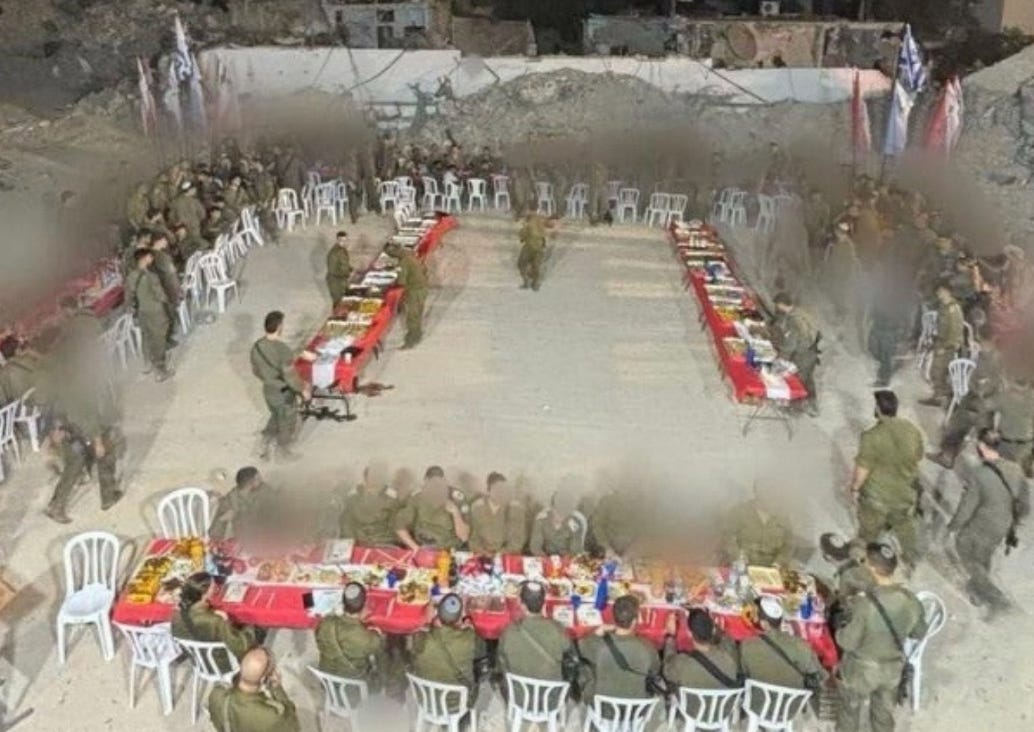
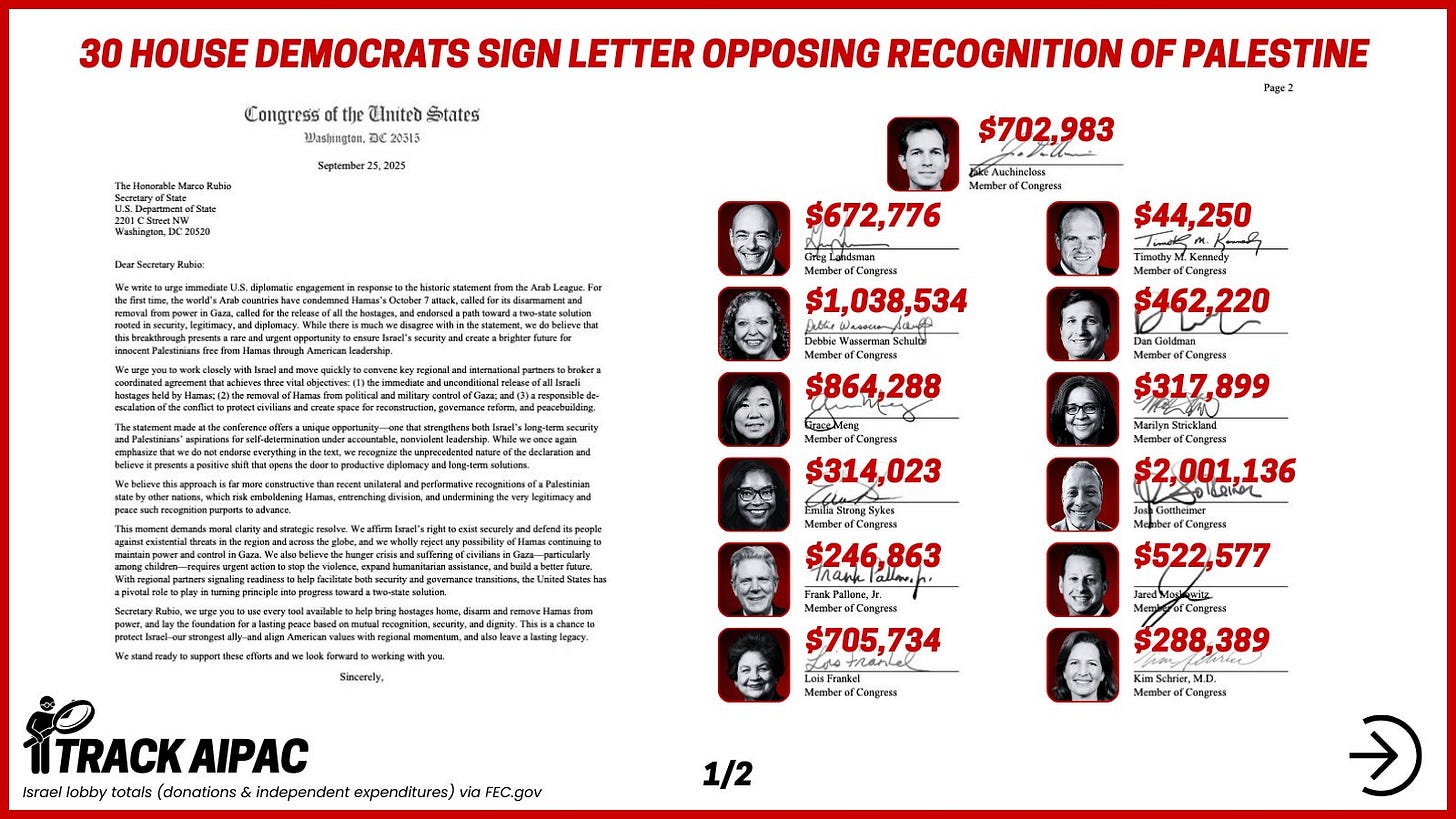
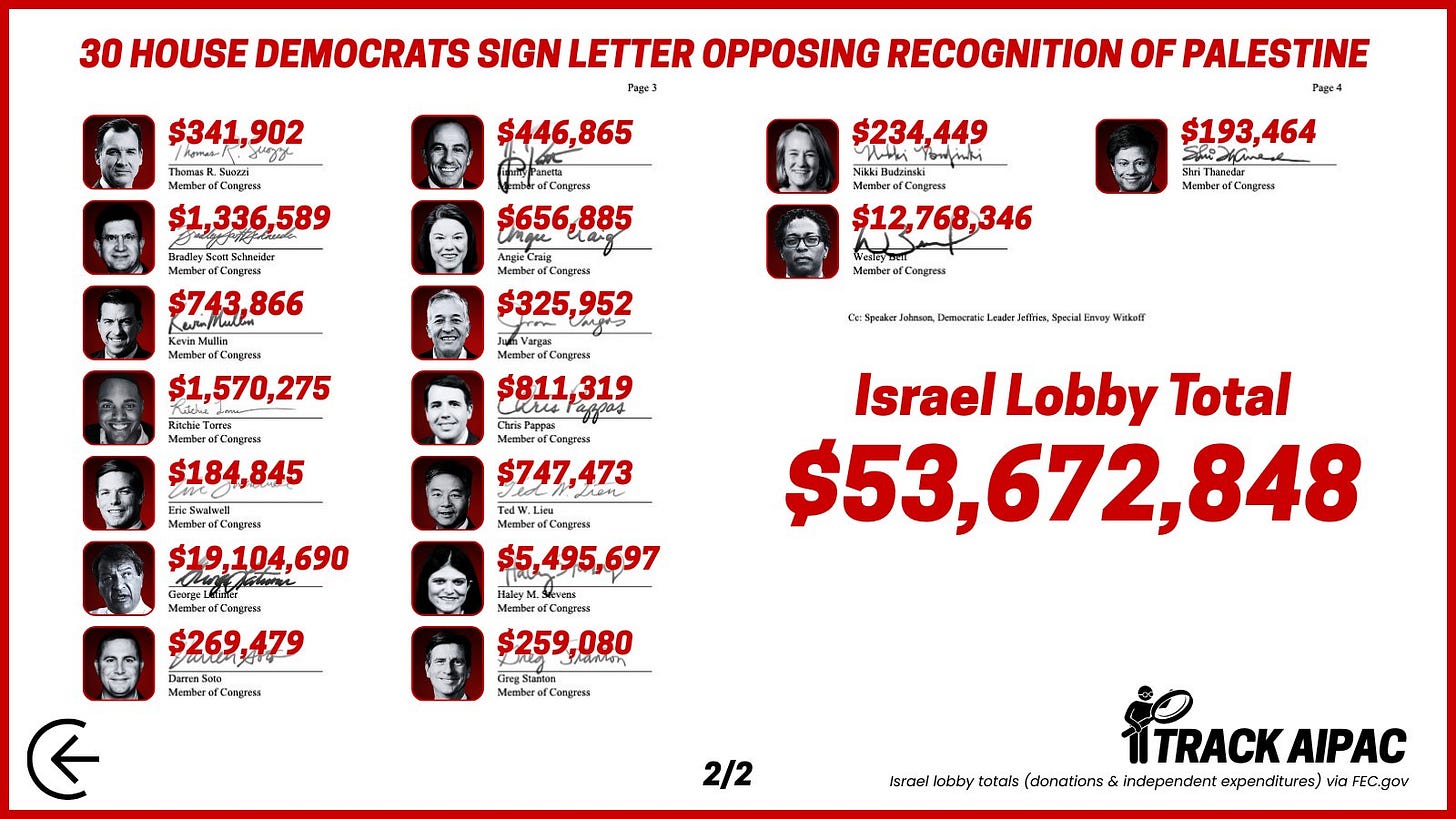
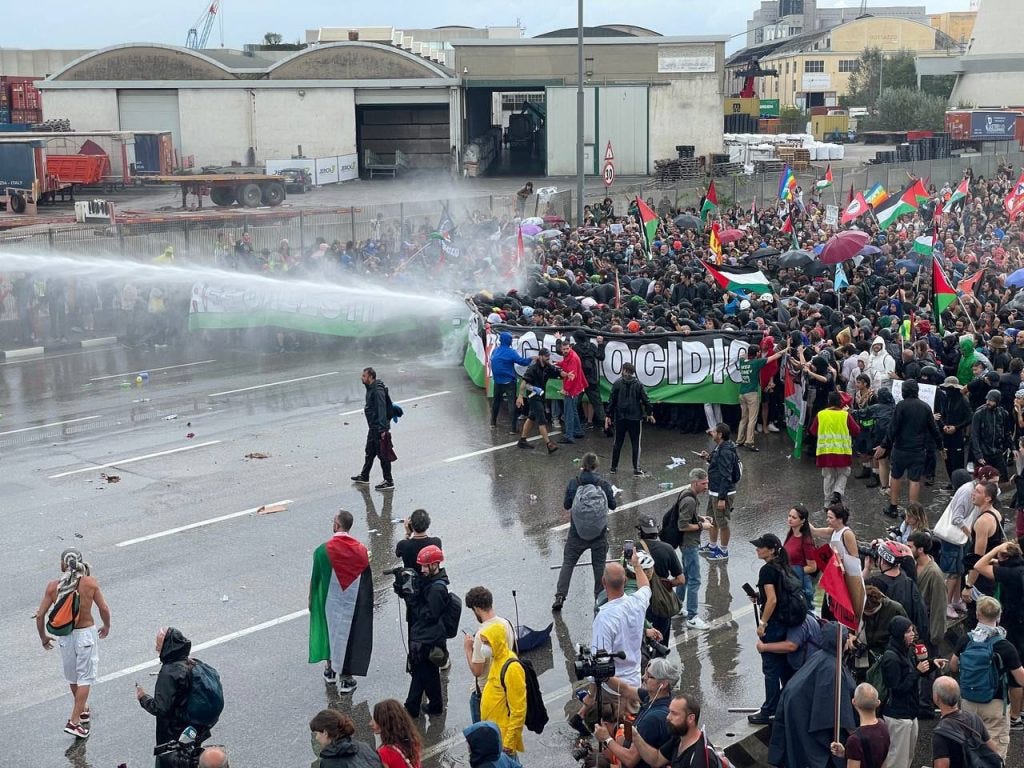
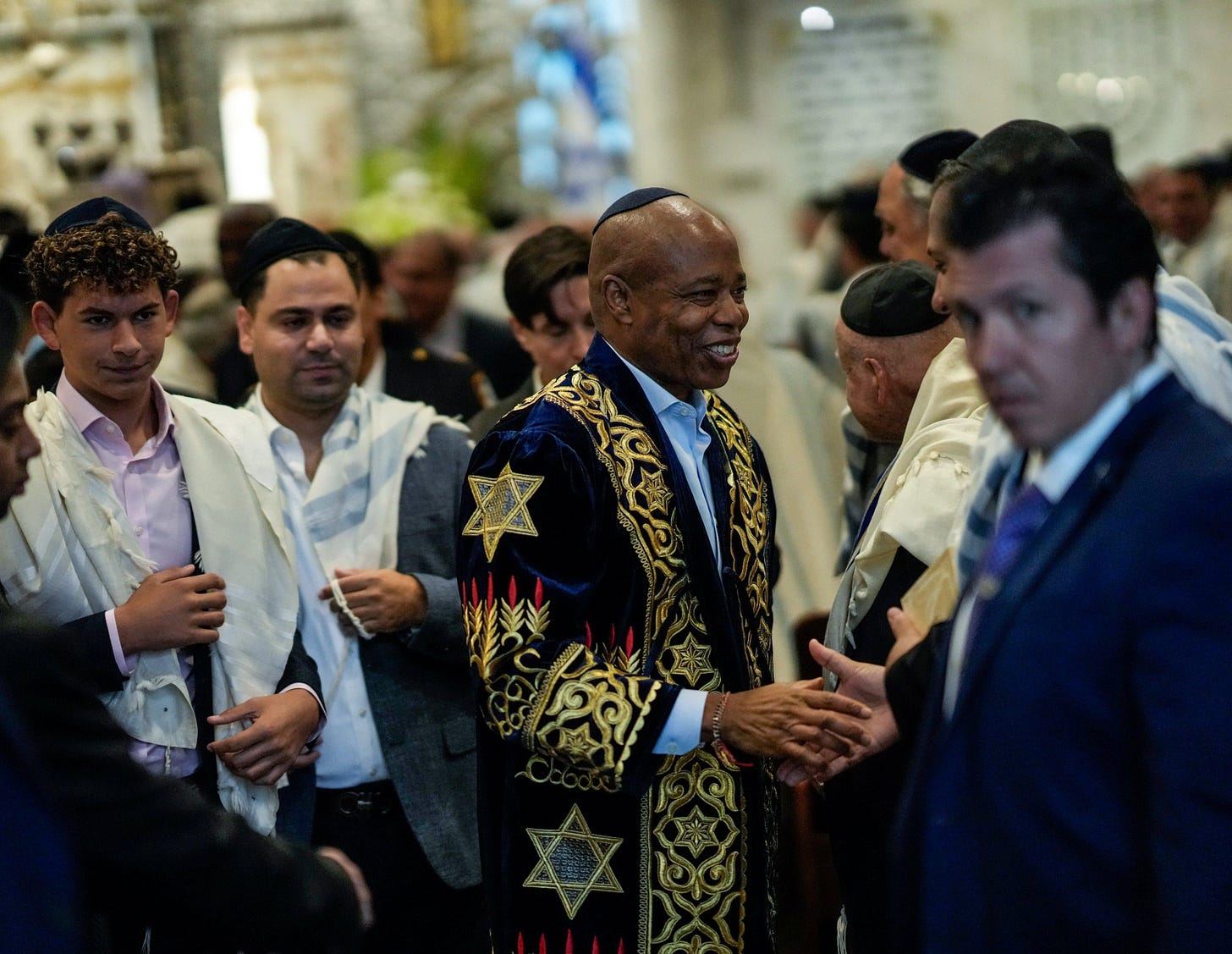
Thanks for a comprehensive news round up. Just a comment. All these initiatives by western governments state that the Palestinian resistance must disarm and renounce violence. I don’t see any statement about Israel disarming and renouncing violence. Not only grossly hypocritical, but just shows that the paternalism and subtle racism of these leaders indicates their minds are still stuck in the colonial era of the nineteenth century. Nowhere do I see any proposals that based on the idea that the people of Gaza have every right, like other humans in the world, to decide who should govern them. I’m so tired and disgusted with the governments of Europe, the US and my own country.
this is such a comprehensive and informative summary. Thank you.